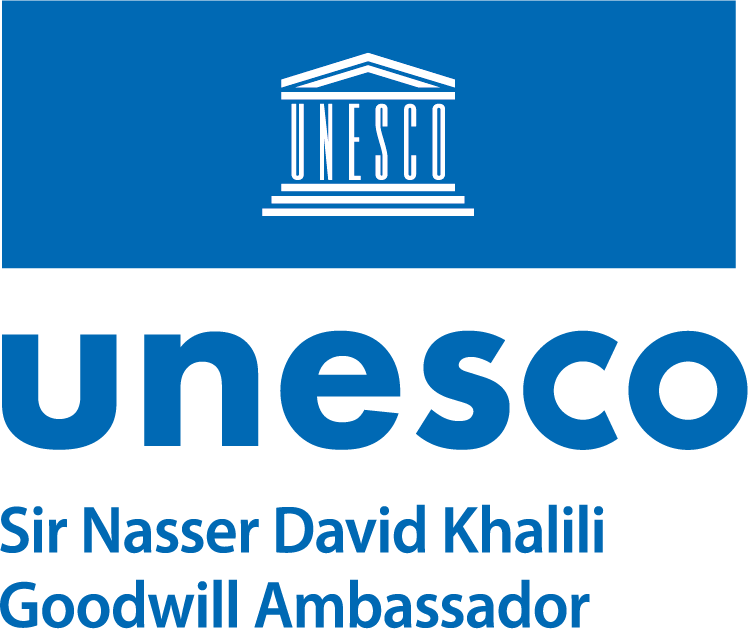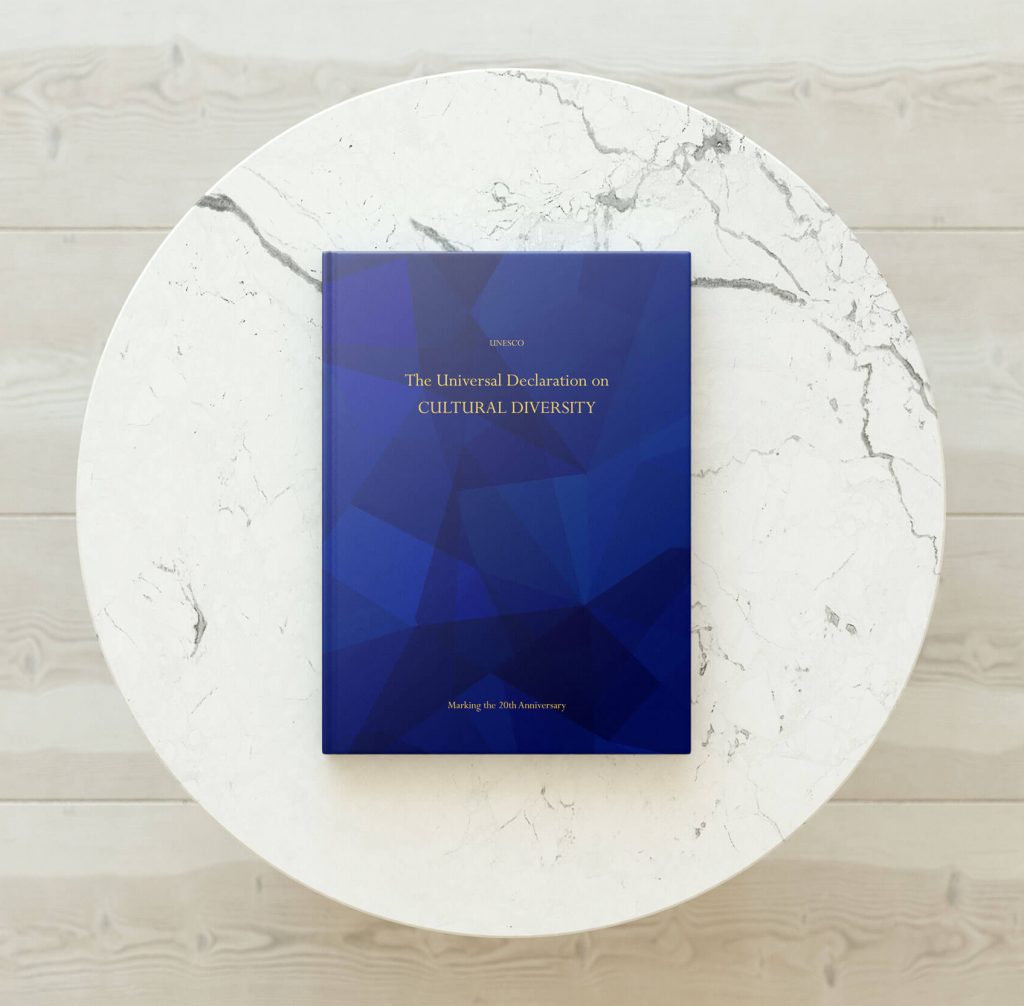
The world’s leading digital resource for interfaith and intercultural education
Welcome to Interfaith Explorers! This excellent free digital educational tool is backed by UNESCO, The Commonwealth, and The King’s Trust. It assists students in grasping global understanding and fostering respect for cultural and religious diversity.

Created by
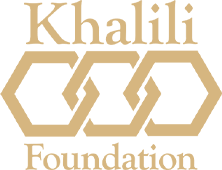
Supported by


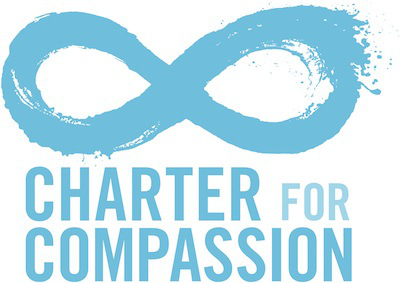

Empower Your Curriculum with Interfaith Explorers
Tailored to enhance RE and PSHE instruction, in conjunction with Global Citizenship Education (GCED), this resource provides teachers with a rich array of cross-curricular materials for Key Stage 2 and early Key Stage 3 students. Aligned with National Curriculum guidelines and Sustainable Development Goal 4.7, Interfaith Explorers is an excellent asset to enhance your school’s curriculum and can be presented as a six-week module or modularly throughout the academic year.
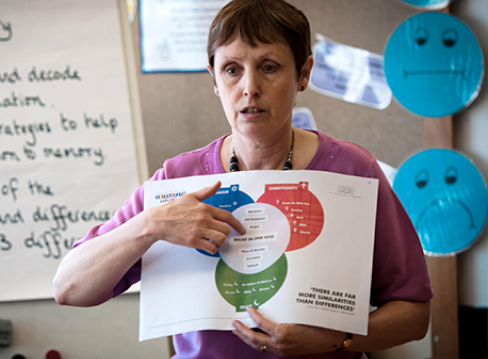
A practical and versatile educational resource with a flexible teaching program promoting personal and social skills development, self-directed learning, and international adaptability, aided by user-friendly curriculum maps for teachers worldwide.
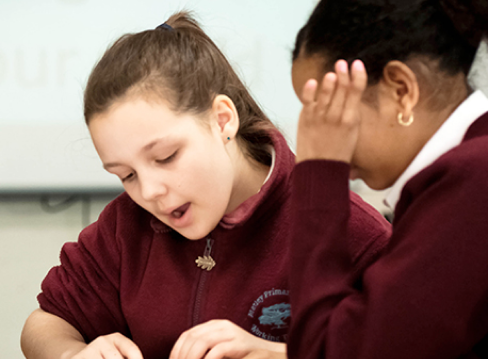
Promotes PSHE and Global Citizenship, aligns with SDG 4.7, fosters universal values, ethical thinking, and is suitable for international education.
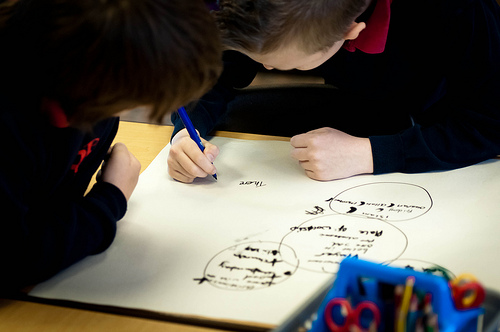
Promotes PSHE and Global Citizenship, aligns with SDG 4.7, fosters universal values, ethical thinking, and is suitable for international education.
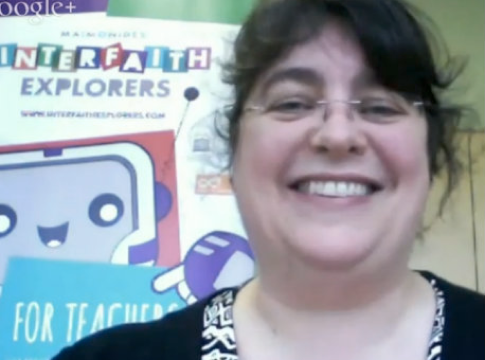
A practical and versatile educational resource with a flexible teaching program promoting personal and social skills development, self-directed learning, and international adaptability, aided by user-friendly curriculum maps for teachers worldwide.

Interfaith Explorers has signed up a number of Jewish, Christian and Muslim community representatives, religious figures and high profile personalities as part of an exciting outreach programme to help teachers enhance the impact of delivering the Interfaith Explorers resource.

Designed to compliment RE and PSHE teaching, alongside Global Citizenship Education (GCED), it offers teachers a bank of high quality cross-curricula resources to use with pupils at Key Stage 2 and those embarking on their Key Stage 3 transition.
– Professor Sir Nasser D Khalili
Tensions existing in the world today are largely the result of ignorance and lack of understanding. If ignorance is the problem, then education must be the answer. With this premise, the Maimonides Interfaith Initiative launched Interfaith Explorers – a free, UNESCO supported, online learning resource designed to support the delivery of RE, PSHE and citizenship education in schools, alongside effective SMSC development.
The programme helps pupils explore cultural diversity, understand and respect differences and embrace similarities. The Learning Unit at the heart of the Interfaith Explorers is designed to give teachers everything they need to plan a comprehensive programme of learning. It fulfills the need for a trustworthy bank of resources for pupils to explore different faiths and cultures in the world around them.
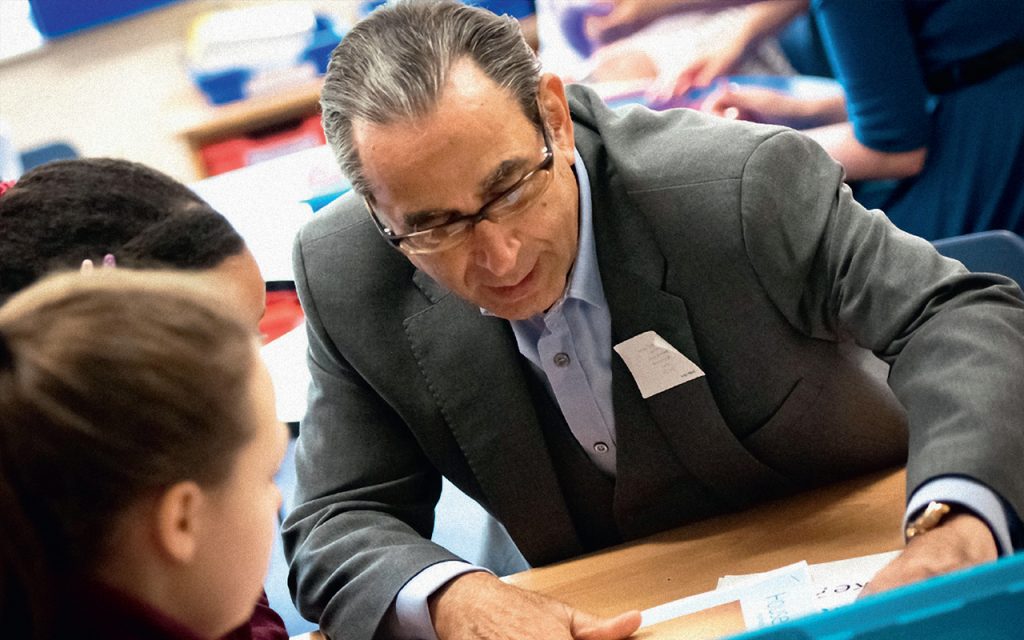
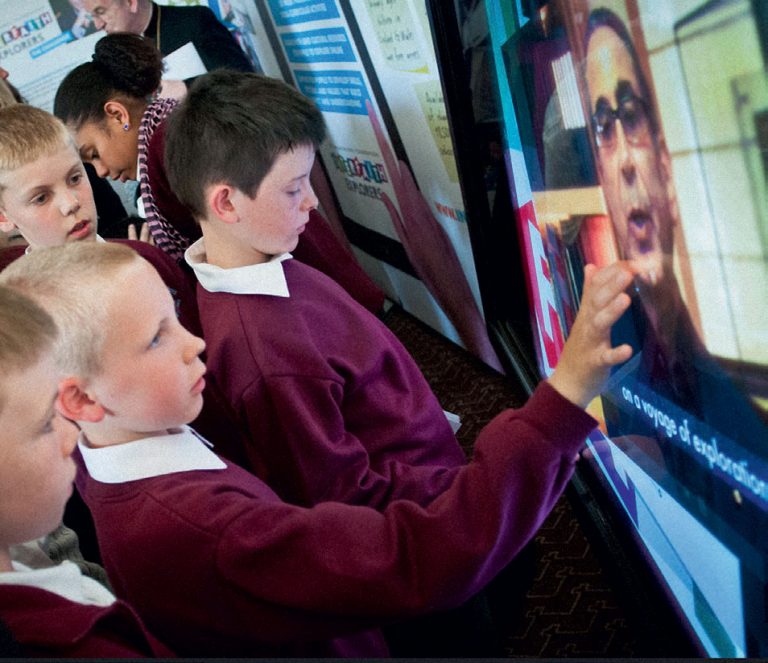
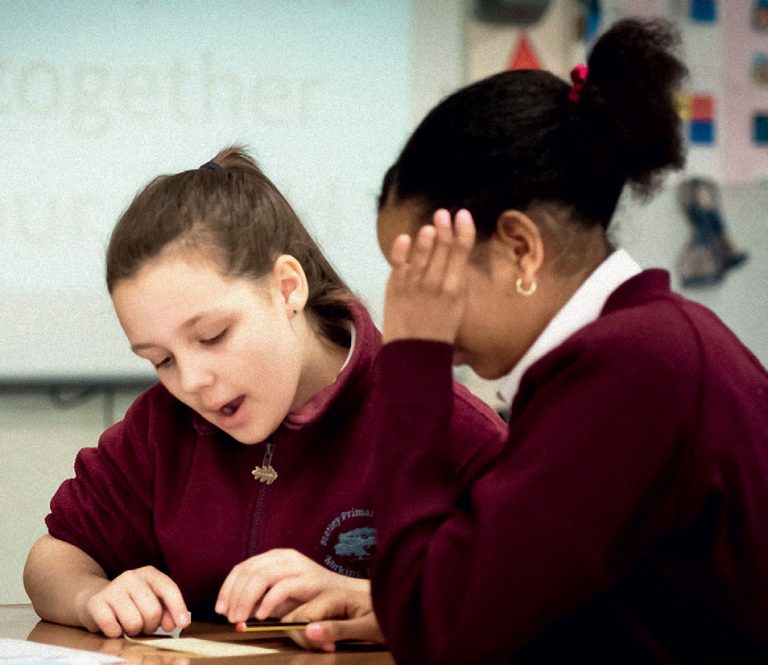
It is also linked to other subjects aligned to the National Curriculum 2014, such as English, mathematics, computing, history and geography. That means that the materials can be used in a variety of religious and non-religious contexts as part of your pupil’s journey of intrigue, wonder and discovery about the world around them.
There is guidance for teachers on how it can be used to support the development of core social skills that can help your pupils become confident individuals, successful learners and responsible citizens. Interfaith Explorers also provides pupils with a set of universal skills – underpinned by an ethical and moral compass, which promotes dia- logue and harmony. With these skills, they can then better understand the world around them and engage with other young people regardless of particular faiths and beliefs.
Initially designed for Key Stage 2 pupils (Years 5 & 6) at primary school, teachers can easily adapt the materials for other pupil groups, and it can also be used with pupils making the transition to Key Stage 3. Consequently, we encourage teachers to adapt and enrich it according to their particular school contexts.
The Interfaith Explorers resource can be approached in a variety of ways and there are a number of entry points that teachers can use to help their pupils start their journey of discovery. For instance:
- Video clips on the Home Page provide teachers and pupils with a general introduction to the resource
- Three Interfaith Explorers robots – Ci, Sul and Rul – who exemplify the characteristics that pupils can develop when using the resource are there to encourage pupils in their challenge to becoming suc- cessful Interfaith Explorers themselves
- A number of supporting video resources, which pupils can use to discover the similarities and differences between the three Abraha- mic faiths – Judaism, Christianity and Islam


